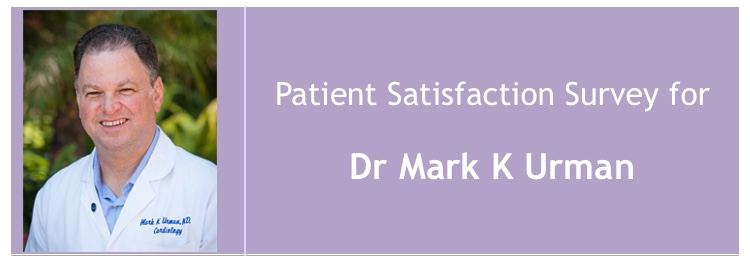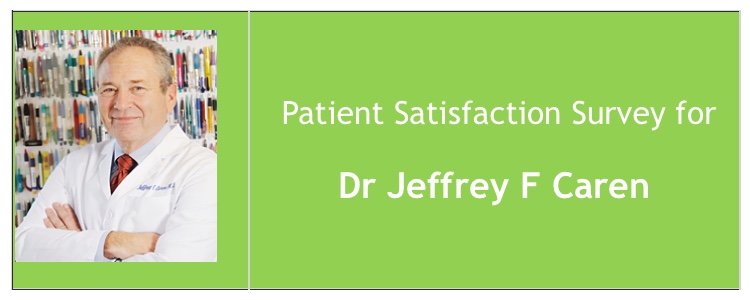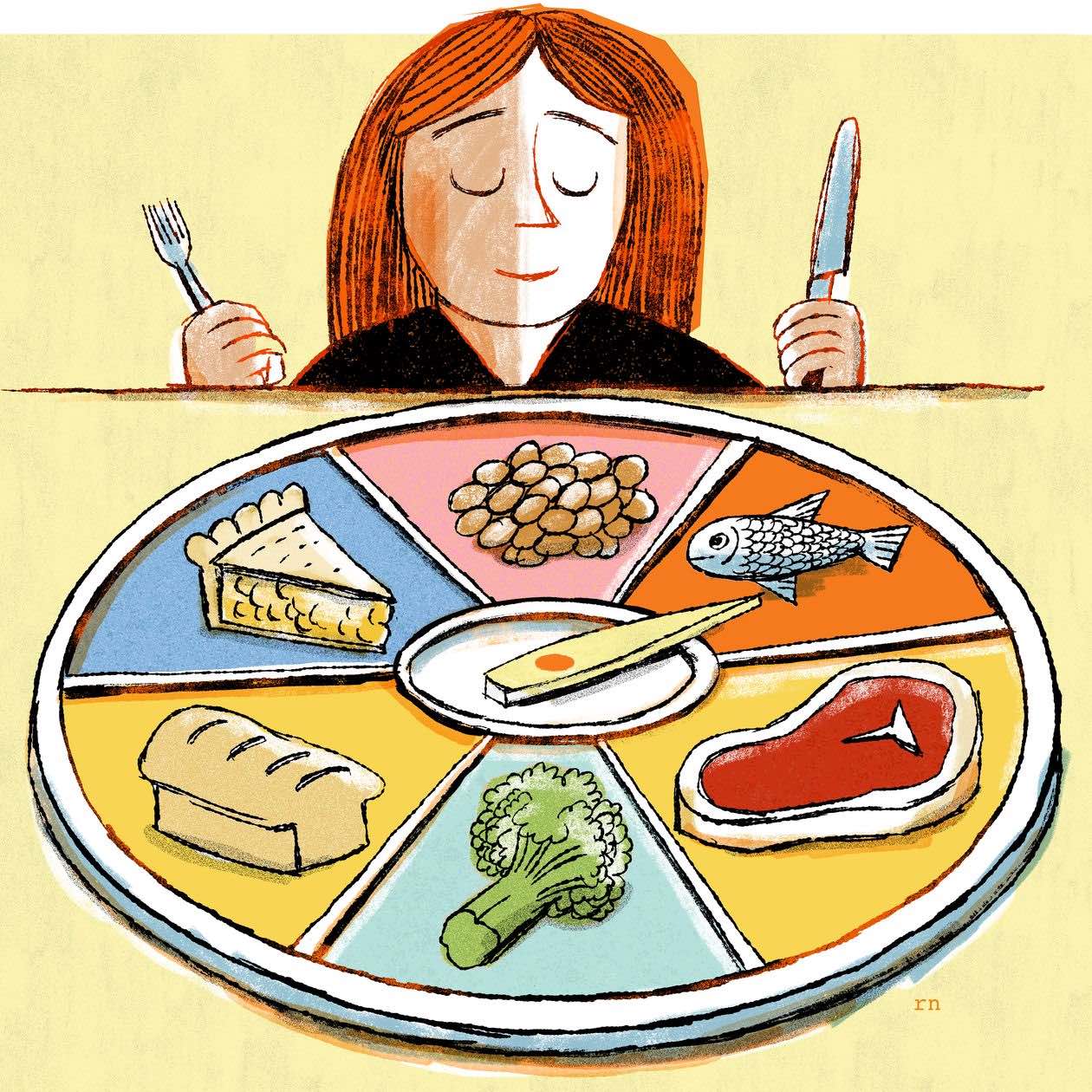|

Dr. Caren and Dr. Urman's Heart Health e-Newsletter SPECIAL EDITION - Saturday, March 21, 2020 The latest from Drs Urman and Caren regarding the coronavirus pandemic
Dear patients and friends, We sincerely hope you and your families are staying safe and healthy during this unprecedented time. On behalf of everyone at COR Medical Group, please know that our thoughts are with you and your loved ones, and with all who have been affected by the coronavirus (COVID-19) pandemic. As health care providers, there is nothing more important to us than the well-being of our patients. Below are some frequently asked questions (FAQ’s). First are questions pertinent to your care with your cardiologist and subsequently are general questions. [Author’s note: This e-newsletter was written on Saturday, March 21, 2020. The subject matter is rapidly changing, and the recommendations below may be out of date within a few days. Find the latest general recommendations from the LA County Dept of Public Health and the Centers for Disease Control by clicking on the links.] Is your office open? Yes, we are open. However, we are seeing only urgent appointments in the office that cannot be handled by other means. We are handling everything else by phone or virtual / telemedicine (more below). We are here for you. However, we have limited staff to help reduce risk of exposure for you, our staff and the community at large. Some of our staff have been set up to provide service from home as they are able to do. Are you performing cardiac testing? Only if absolutely necessary and felt to be urgent. All elective testing has been put on hold for the safety of everyone. Arrangements for lab tests that are not felt to be able to be postponed will be handled on an individual basis. Please call our office to discuss if you have any questions or concerns. Should I cancel my upcoming appointment? You should call us and change it to a virtual visit or telemedicine visit, if at all possible. We are encouraging our patients to stay safe at home and take advantage of technology to continue their medical care. While in individual cases, our physicians might feel that some patients might be better served in person here in the office, for the foreseeable future the majority of visits can be done virtually until the coronavirus epidemic is behind us. This is for your safety as well as ours (and the whole community’s). How can I do a virtual visit? During these uncertain times our office now has the ability to provide a virtual visit in lieu of cancelling your in-office doctor’s appointment. At this time we are offering this option to all our patients who have an Apple device with a camera and speakers (iPhone, iPad, iMac or MacBook) using Face Time. We are working on other options for those without an Apple device, such as Zoom conferencing and further details will be available if / as the need arrives. Our office will schedule your visit for a set date and time that works for you and the doctor. Prior to your virtual visit with Dr. Urman or Dr. Caren, one of our staff members will call you (either via Face Time or on the phone) to take all pertinent visit information, such as medications, blood pressure/pulse reading, temperature and any complaints or reason for the virtual visit that need to be documented. This is similar to when you come to our office and one of our medical assistants (Nancy, Erika or Kahlia) bring you back to an exam room. So it is important to make sure you have an up-to-date and accurate list of all your medications and dosages prior to the virtual visit just like when you come to our office. If you have a blood pressure monitor at home, please record it with your pulse prior to your visit so that we can document that information. If you feel like you might have an infection, please take your temperature as well and provide that for us as well. If you have Kardia or an Apple watch you may use these for an EKG reading prior to seeing the doctor and email it to frontoffice@cormedicalgroup.com prior to your appointment time (Premier and Concierge patients can email directly to the doctor if they prefer). Once all the intake information is entered by our staff and we have verified there are no technological glitches with your device or the connection, the doctor will either join the same Face Time session or will Face Time you back to continue your virtual visit. Are these virtual visits covered by insurance? Given the emergency declarations from the White House and Congress, these virtual telemedicine visits are now covered by Medicare (at least temporarily until the coronavirus state of emergency is over) and will be billed by our office on your behalf similar to regular visits in our office. For patients with private insurance, similar to when services are rendered in-person here in the office, payment will be due by credit card at the time of the visit. Our staff will be happy to review charges with you but they will be a bit less than comparable in-office visits based on time involved (including documentation by the doctor that occurs prior to or after your “face time” with them) and complexity of the medical issues and visit. We hope this workaround will help you stay safe and healthy and relieve any worries you may have. Feel free to let us know if you have any questions. Also, please bear with us if there are any hiccups, please understand this is all new for all of us and there will be a learning curve for this process. Am I supposed to stay home and avoid non-essential car trips? Yes. As you are likely well aware, both the city and county of Los Angeles, city of Beverly Hills and state of California, have ordered all residents to stay at home to help limit the spread of COVID-19 except perhaps for safe walks as below. Click here for details. Can I go outside for a walk? In fact, yes and that is what we are recommending to stay active. Daily exercise will help keep you in shape physically, mentally and psychologically. Just stay at least 6 feet away from others. If you are able to do other safe exercise in a safe environment, by all means, do so. I feel fine. However, I heard that there are medicines that will help if I get sick. Can I have a prescription for hydroxychloroquine (or chloroquine, and/or azithromycin)? Hydroxychloroquine (Plaquenil) is used to treat lupus and malaria. There have been intriguing and tantalizing anecdotes of people with COVID-19 improving more quickly after taking it. There is limited data showing a possible benefit and there are similar limited reports of people taking Plaquenil plus the antibiotic azithromycin. Unfortunately, as we in the medical world well understand, this is hypothesis generating and warrants further study which the FDA is fast-tracking, but does not prove that they are safe or helpful in this situation (we have been fooled before in assuming a treatment is beneficial based on very preliminary data only to subsequently find it is not helpful if not actually harmful). As cardiologists, we are also keenly aware that Plaquenil also has side effects including that it can cause dangerous EKG changes that can lead to life-threatening arrhythmias and when combined with azithromycin, carries an even higher risk of deadly arrhythmias. There are currently trials testing these medicines in patients hospitalized with COVID-19. Let's be sure it's effective and safe before prescribing it. Well, that is fine, but I'd still like it now, in case the pharmacies run out. My friend's doctor prescribed it for them, so why can't you? We are curious if these doctors checked an EKG on every patient prior to prescribing Plaquenil (and/or azithromycin) to assure that it will be safe? If lupus patients have a hard time refilling their Plaquenil prescription because other irresponsible medical colleagues prescribed an entirely experimental medicine to people who are feeling fine, they should be exposed to public disgrace (yes, we feel quite strongly about that). In fact, there already is a shortage of the medicine for these patients and in hospitals who are trying to use well designed protocols in patients who are very ill with COVID-19 to help determine if it is truly effective or now. And guess what? If you were to get very ill from COVID-19 and other healthy and well people were hoarding Plaquenil (or any other medication) that subsequently were proven to be effective for the most ill patients, you would not be able to get a potentially life saving medication. For now, let us be smart, measured and helpful to each other in this challenging time. The same group panic leading to toilet paper shortages should not keep the most seriously ill from getting the care they need. I heard that ACE inhibitors or ARB's (angiotensin receptor blockers) might be harmful if you have coronavirus? Should I stop taking my lisinopril (or enalapril or losartan or irebesartan)? I heard that ACE inhibitors or ARB's might be helpful if you have coronavirus? Should I start taking these medications? Interestingly, COVID-19 appears to what are called ACE2 receptors in the lung. There are theoretical reasons why this might mean ACE inhibitors and/or ARB's could be harmful if one has COVID-19 but also why they might be helpful. The bottom line is we just don't know at this point. It is also possible that they have no effect one way or another. In fact, a study has started to see what the effect, good or bad might be. For now, we have been recommending that patients on these medications, whether for heart failure or high blood pressure, not make any changes. This is also the recommendation of the American College of Cardiology (ACC) and European Society of Cardiology (ESC and the Europeans area few weeks ahead of us given their COVID experience) as if patients were to stop medications that are keeping them well, there certainly would be more harm than benefit. I have also read about the dangers of ibuprofen and naproxen and NSAID's? As cardiologists, we have known for a long time of the potential cardiac risk with NSAID's (non-steroidal anti-inflammatory medicines) such as Advil, Motrin, Alleve, etc) as they can raise blood pressure, worsen heart failure, cause excess bleeding, worsening kidney function in addition to their potential gastrointestinal side effects and have typically suggested to our patients to avoid their use as much as possible. Recently there have been reports from France that patients who were sick with COVID and took ibuprofen or other NSAID's had worse outcomes. There are some other data out there that have not been able to confirm that NSAID's are specifically dangerous in patients with COVID. Bottom line, generally it is safer to use acetaminophen (Tylenol) for fever and aches and pains first line in general and that usual recommendation from us has not changed. I am washing my hands all the time, I am staying at home, I am staying away from others. What else can I do? Call your elderly neighbor who lives alone and ask if he or she needs anything. Make a grocery store trip for your friend or neighbor who is too ill, old or frail to do so (and leave the groceries on their doorstep). If you're young and healthy, you can do the critical errands for all the old and not-so-healthy people you know. You can be a hero. Donate blood. Many blood drives have been cancelled, so donating blood at the medical center of your choice would help a lot as there are critical shortages of blood right now. This situation is totally unprecedented and so very challenging for all of us. Yet it is an opportunity for us to connect (perhaps only virtually) to each other more than ever before. Let us be smart and not panic and rise to the occasion to help each other out to get through all of this together. And get through it, we will.
Again, we are here for you. Let us know if you have any questions or concerns and take advantage of technology to stay medically connected with us to keep you healthy.
 Share Your Experience Share Your Experience
Please help get the word out about our doctors and our practice. It will only take a minute and we will be so grateful! Share your experience in our office by clicking on your cardiologist: 

Or do you Yelp? Review your healthcare encounter with Dr. Urman by clicking here. 
 | Following a Heart-Healthy Diet and Lifestyle |

It Is not Just What We Should Not Eat, but We Actually Know What We Should Eat A common sense approach from the Wall Street Journal "If you adopt an eating pattern that has stood the test of generations, you are almost certain to be better off than with a diet introduced as breaking news."
What Heart Patients Should Know About Coronavirus The coronavirus should have everyone's attention by now, health experts say. And people with heart disease have extra reasons to be alert. The coronavirus should have everyone's attention by now, health experts say. And people with heart disease have extra reasons to be alert.
Click here to read more
|